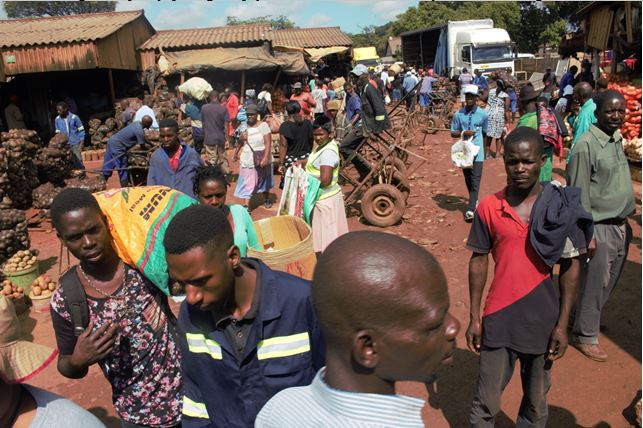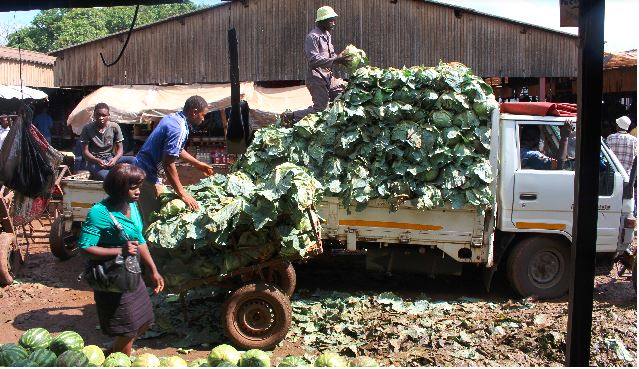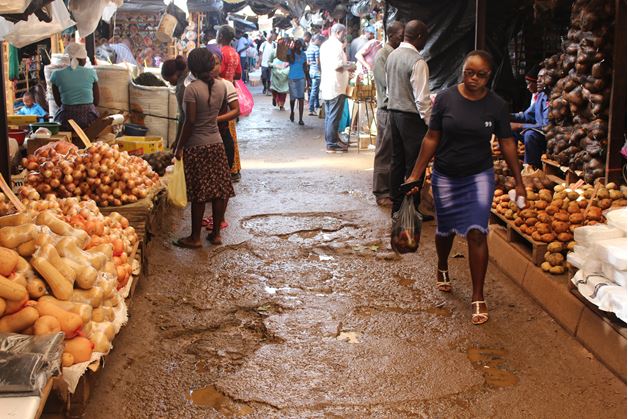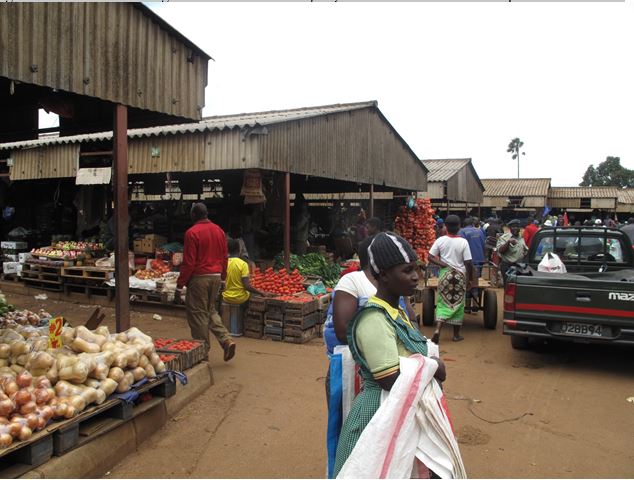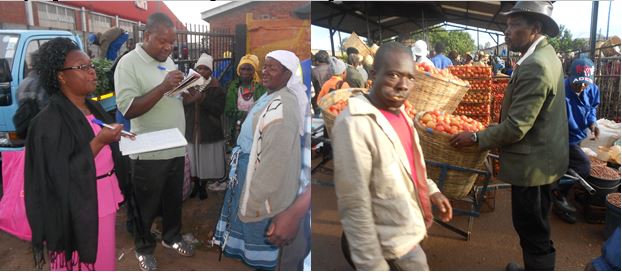How and why transacting is a small part of market linkages
Reducing market linkages to transactions is one of the major reasons why efforts to integrate smallholder farmers into value chains have failed to transform agriculture in developing countries. While the notion of market linkages is mostly associated with three to five year projects by development agencies, there is a new realization that linking farmers to Read more about How and why transacting is a small part of market linkages[…]

